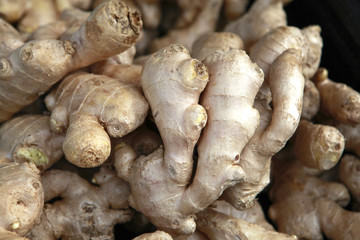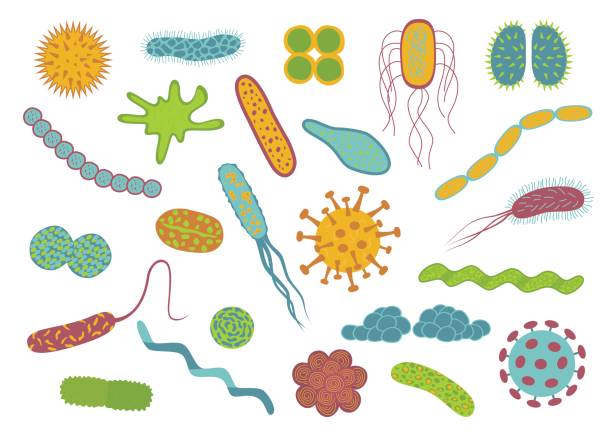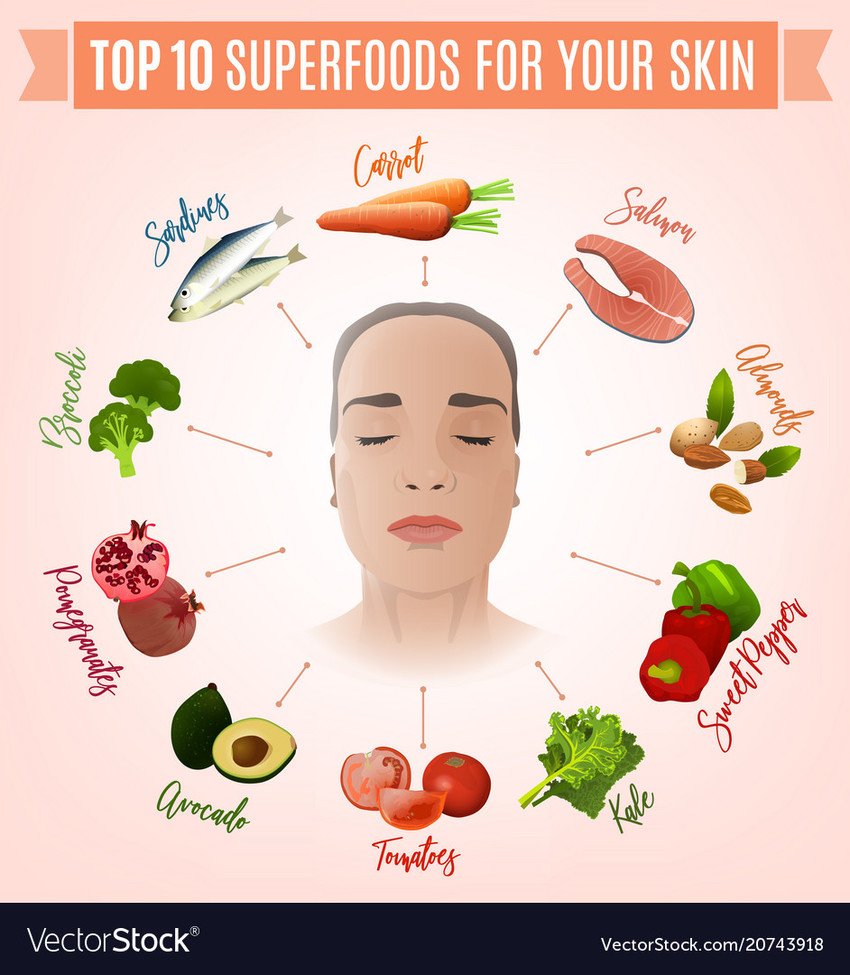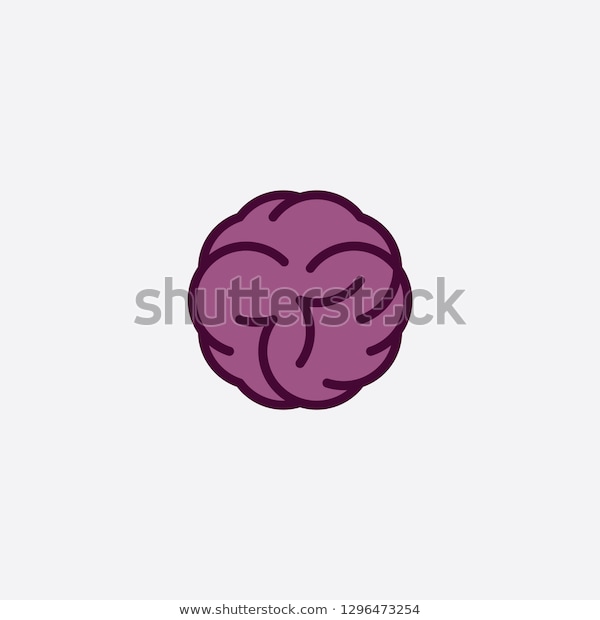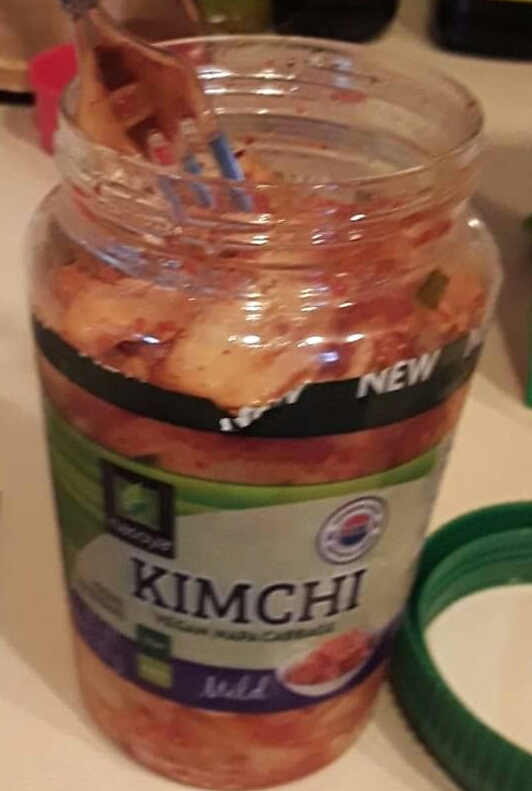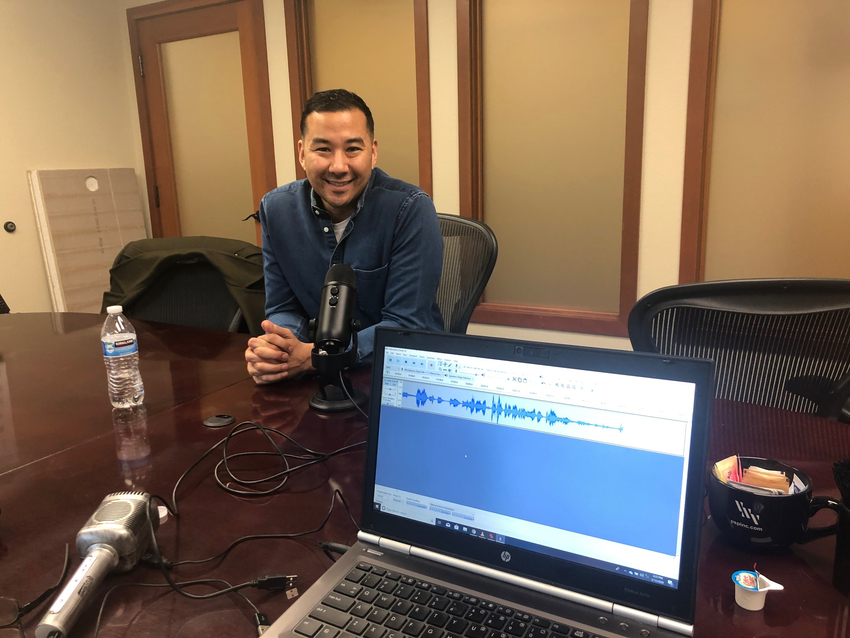Ginseng & Ginger are two healthy TCMs during stressful times
May
30
Given that food and teas are more prevalent and widely used, let's look at it from the opposite order. Beginning with the universally accepted herb ginger, which contains Gingerol. Regular consumption of it couldn't hurt. Gingerol is the main bioactive compound in ginger that is anti-inflammatory and a digestive aid. This is based on studies referenced by the Healthline article below.
Ginseng has also been tested and proven to boost the immune system with its bioactive compounds, ginsenosides and gintonin, according to WebMD. Regarding both ginger and ginseng, there have been broad but varying unproven claims that these food based herbs provide other benefits such as lowering blood sugar and treating cancer. However, consuming them in moderation can help and is recommended.
For more information see: https://news.yahoo.com/amphtml/try-traditional-chinese-medicine-practices-214001491.html ; and
https://www.healthline.com/nutrition/ginseng-benefits#section1



